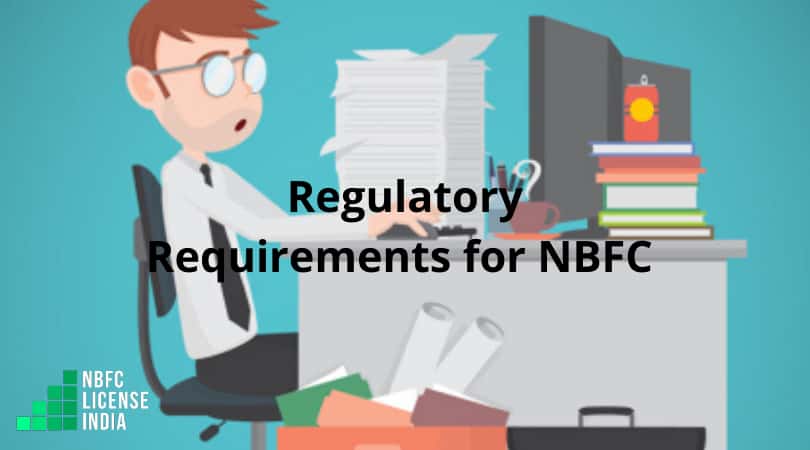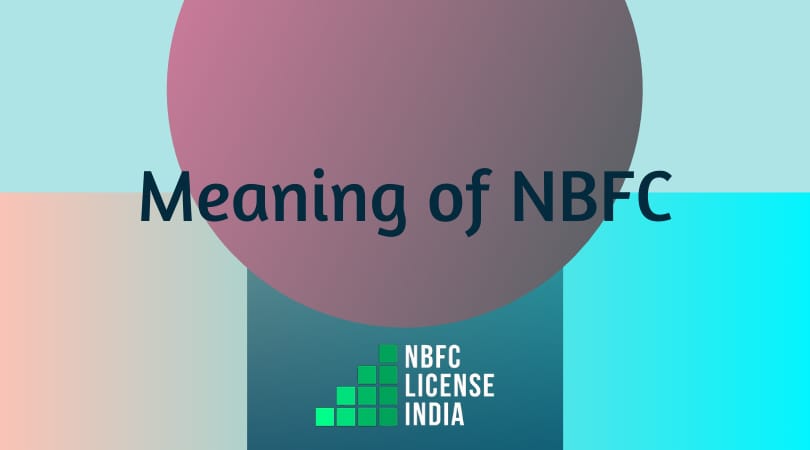
by admin | Dec 21, 2019 | NBFC
The rising number of complaints about deficiency in services against NBFC (non-banking finance company) has moved RBI (Reserve Bank of India) to establish a system of ombudsman similar to that of banks. The banking ombudsman has been operative for around 2 decades. By...

by admin | Dec 21, 2019 | NBFC
The Reserve Bank of India defines NBFCs as “companies registered under the Companies Act 1956, or later Act of 2013, engaged in the business of loans and advances, acquisition of shares/stocks/bonds/debentures/securities issued by Government or local authority or...

by admin | Dec 20, 2019 | NBFC
Reserve Bank of India is entrusted with the responsibility of regulating and providing Non-Banking Financial Company or NBFC, the guidelines to operate. The powers are listed in Chapter III B of the Reserve Bank of India Act, 1934. The objective is to: ensure healthy...

by admin | Dec 16, 2019 | NBFC
NBFC P2P or Peer to Peer lending is the process of lending money to individuals or businesses through online portals. An individual or financial institution can become a lender at P2P lending and earn interest paid by the individual or business who has borrowed money....

by admin | Dec 16, 2019 | NBFC
NBFC or Non-Banking Financial Companies have played play a crucial role in promoting inclusive growth in India, so far. By catering to the diverse financial needs of those falling outside the purview of banks. NBFC Companies are financial intermediaries involved in...
by admin | Dec 14, 2019 | NBFC
The working and operations of an NBFC are governed within the framework of the Reserve Bank of India (RBI) Amendment Act, 1997, by RBI. Section 45-IA provides that no NBFC shall start or carry on the activities of Non- Banking Financial Institution (NBFI) without...






